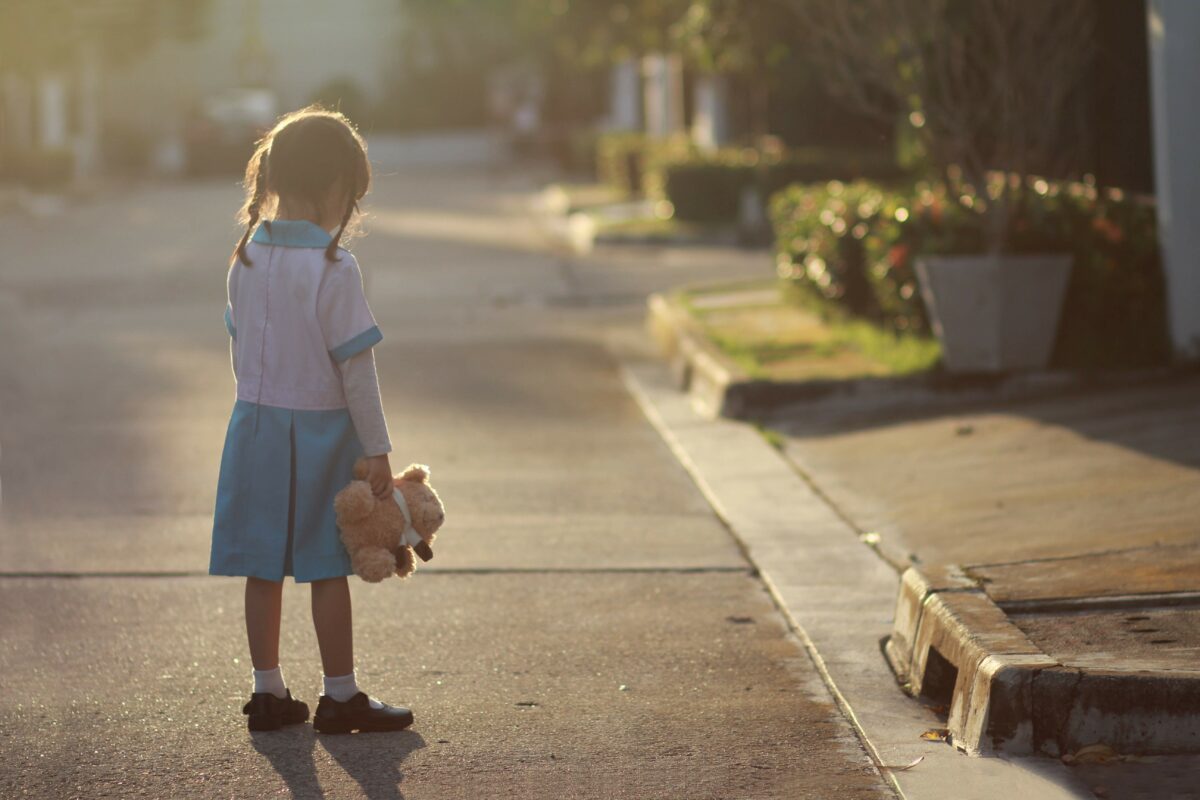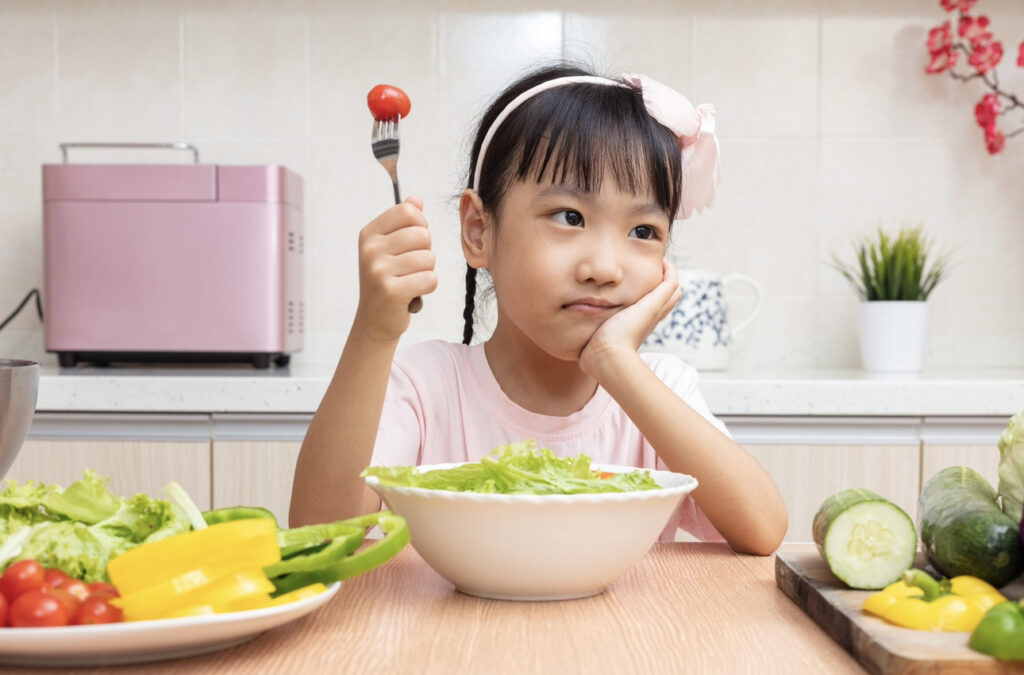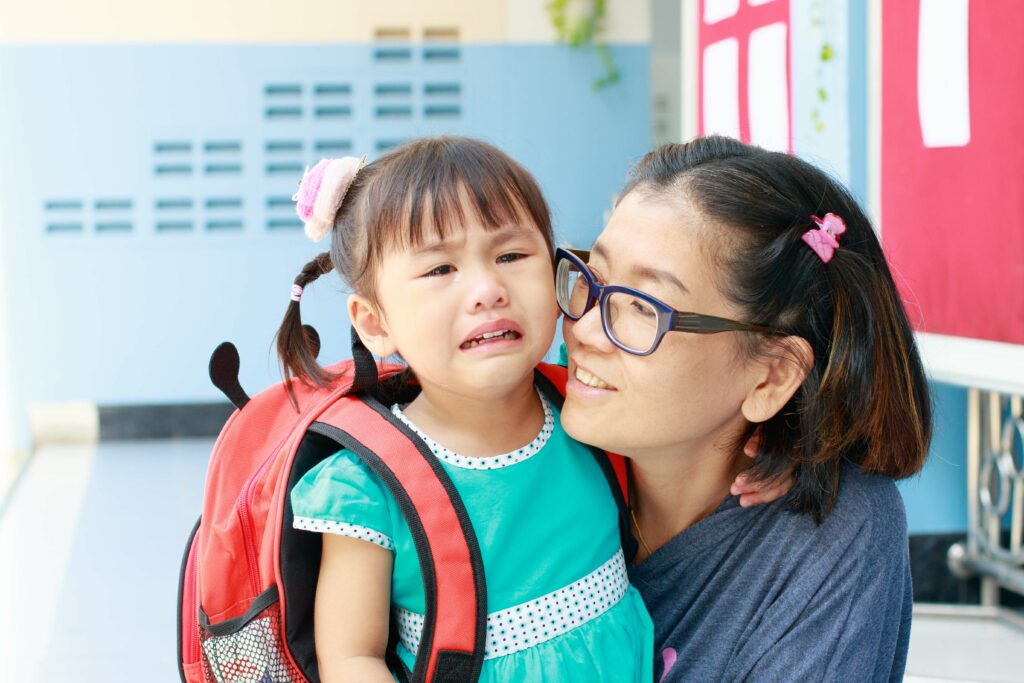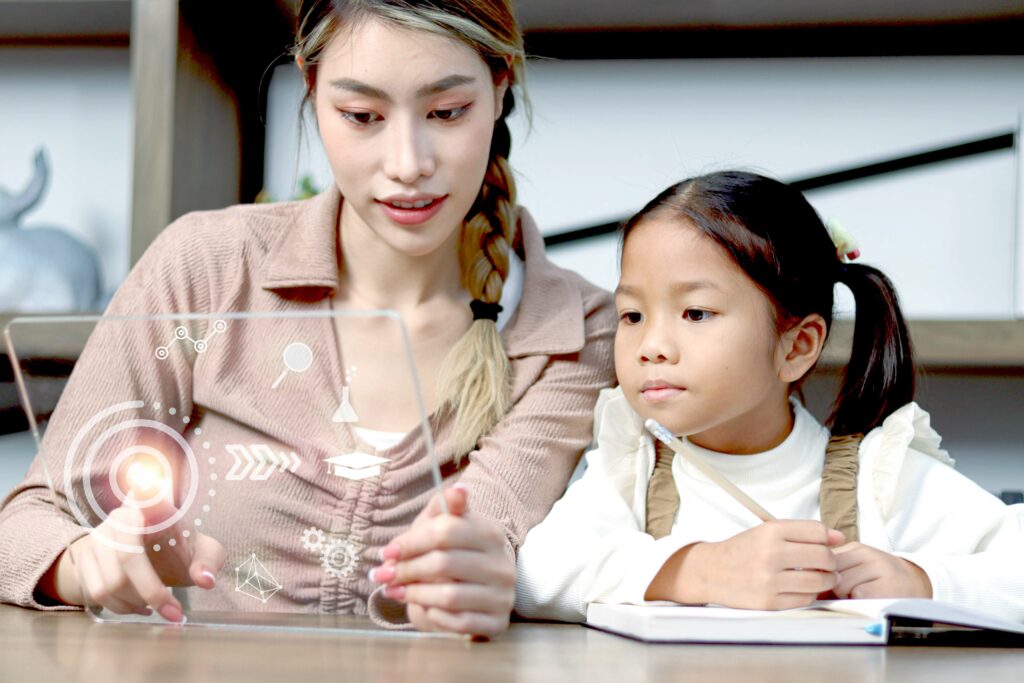Parents Zone
May 2023
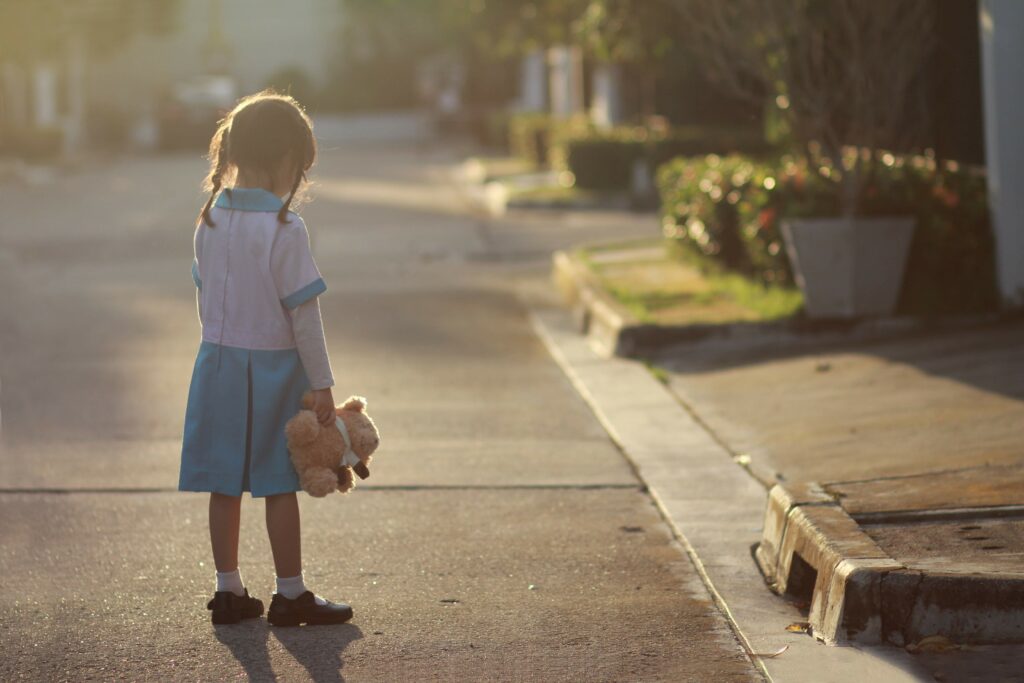
Source: Psychologist, Dr. Lee Wai Tong
During the kindergarten years, children spend four years from N class to K3, and they will also make some friends, forming their own circles of friends. But after the summer break, when they will be promoted to primary school, everything can suddenly change. Some classmates may continue to attend the same school but may be placed in different classes, causing anxiety and discomfort.
Of course, some children who start primary school and make new friends may forget their good kindergarten classmates. But some children may need more time to develop their social skills, so they may be more concerned about their former kindergarten friends.
Parents can keep in touch with their child’s kindergarten friends, especially since most parents have access to kindergarten parent groups. When the child starts school in September, if they find that they don’t have as many friends to play and chat with as they did in kindergarten, they may start to develop a dislike for school. At this point, parents can help by organizing get-togethers, such as by telling a friend’s mother, “My son really misses your son.”

Let these two children develop a sense of fellowship during this transitional period. After they enter primary school and go through a longer period of time, they will also make new friends. However, during this transitional period, we also want to let them know that their good friends from kindergarten are still around, they haven’t disappeared. They will slowly let go of them as they make new friends in primary school.
But apart from the separation from their friends, they may also have some anxiety, to varying degrees. For example, if a child really doesn’t want to go to school, it can be troublesome for the mother, and the child may even cry when coming back home or refuse to change their school uniform. After all, their world has completely changed since they started first grade, with different teachers, environments, and more intense class schedules.
Usually, after school, a child might say to you, “I miss you so much today!” This sentence is actually a magic word. Where is the magic word? Many parents don’t know and will directly respond, “I miss you too.” However, the child doesn’t understand that when they say, “I miss you so much today!” after school, it actually indicates that they have had some difficulties today.
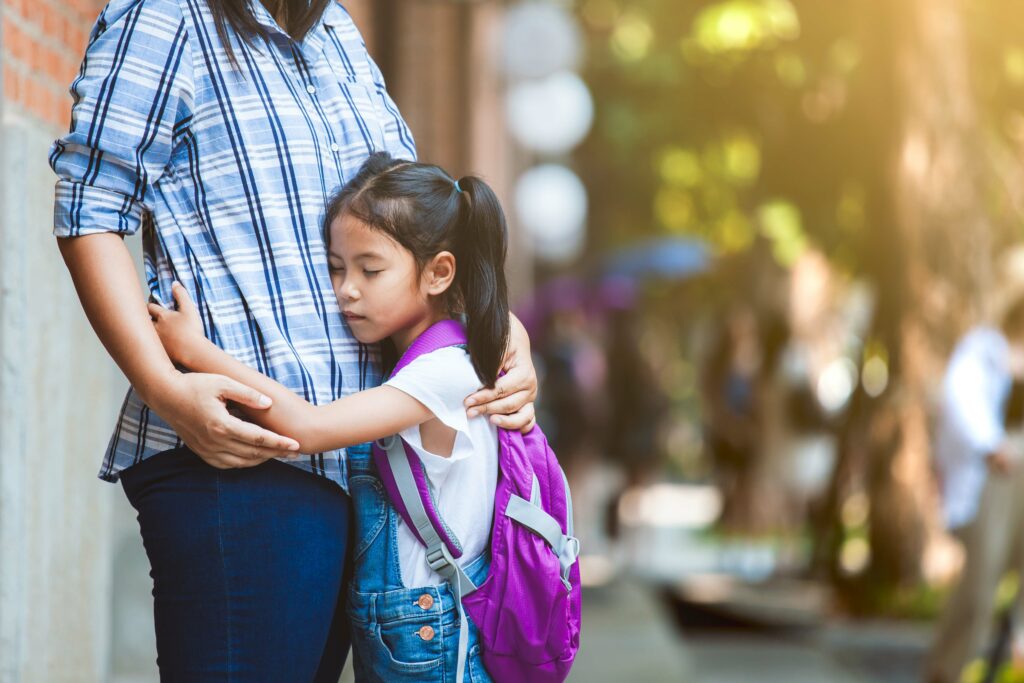
Going to school is actually very busy. They have to listen to lectures, do classwork, play during recess, have lunch, and participate in various activities. After 35 minutes, they have to switch to another teacher and learn new things. There is actually no space for them to sit and relax, thinking about their parents. But when something doesn’t go smoothly, they will think of their parents first because their parents are their strongest support.
So if a child proactively says, “I miss you so much today!” right after school, parents should ask them, “When do you miss me the most?” Then, we will be able to understand more clearly what they are facing. Is it when they have no friends to play with during recess? Is it when the teacher asks a question they don’t know how to answer? Is it when they don’t understand what they are learning? This will help us know how to better assist them.






















